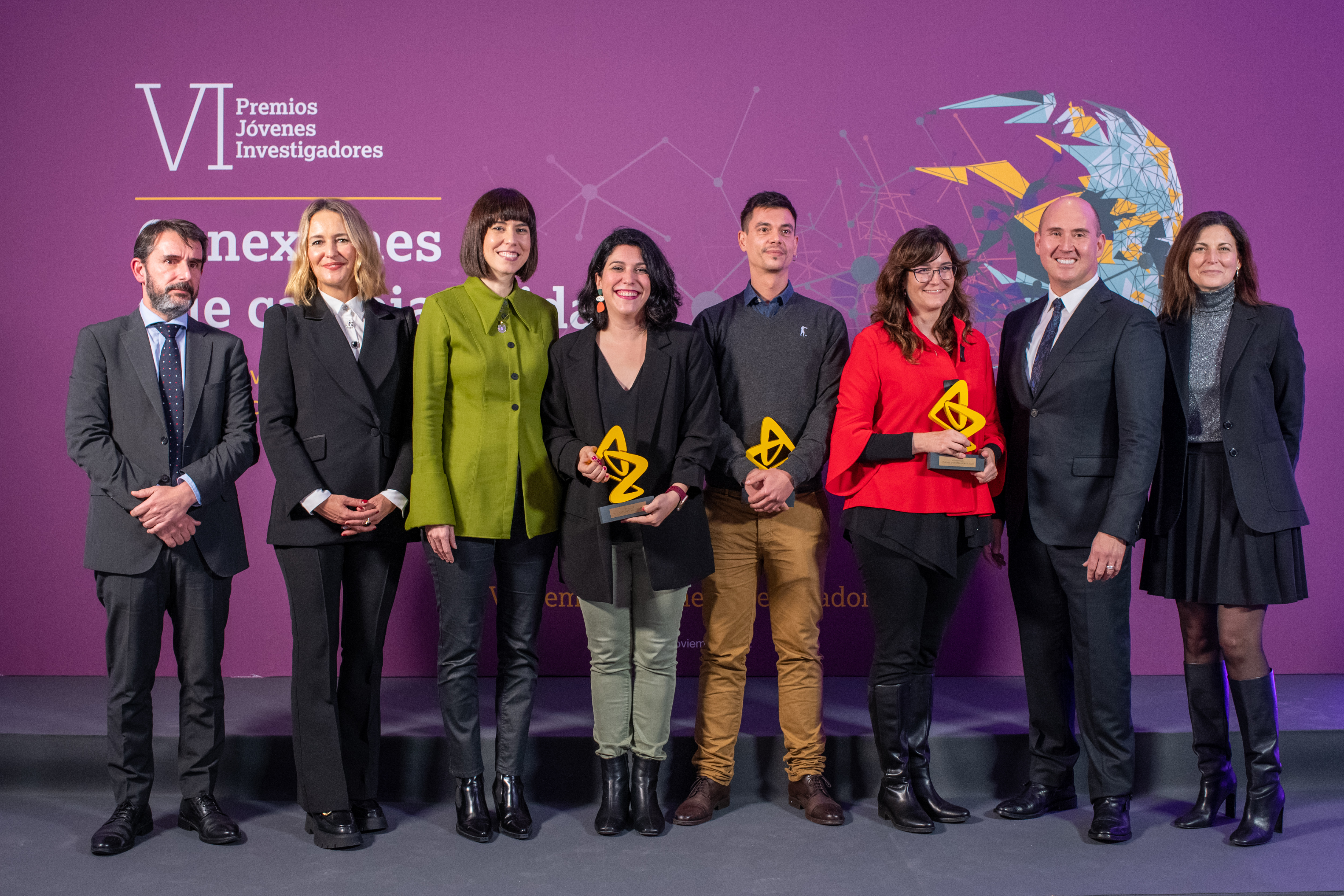A scientific project led by Beatriz Mothe receives the Young Researchers Award from the AstraZeneca Foundation

A project coordinated from the Can Ruti Campus has received the Young Researchers Award in the category of Vaccines and Immunotherapies, awarded by the AstraZeneca Foundation. This is an initiative that, in its sixth edition and under the slogan "Connections that save lives", recognises and promotes the development and consolidation of young scientific talent in Spain.
The name of the project is 'Post-vaccination response markers in the immunocompromised population (MARVIC): opportunities for the development of new immunotherapies for the prevention of COVID-19'. It has been awarded 225,000 euros, a prize that will help improve the quality of life of thousands of patients. Scientists from the Instituto de Investigación del Hospital Universitario La Paz (IdiPaz) and the Instituto de Biomedicina de Sevilla (iBiS) are also collaborating on the project.
The coordinator and researcher Beatriz Mothe, a doctor at the Infectious Diseases Service of the Germans Trias Hospital and researcher at the Fight Infections Foundation, the IrsiCaixa AIDS Research Institute and the Germans Trias i Pujol Research Institute (IGTP), explains the reasons behind this research: "People with certain immunosuppression conditions or those receiving immunosuppressive treatments continue to be the group at greatest risk of presenting severe forms of SARS-CoV-2 disease, despite having already received three doses of the vaccine for COVID -19 and two booster doses. The mechanisms by which these groups continue to have higher rates of vaccine failure remain poorly understood".
"In the context of a European clinical trial in which we are testing the HIPRA vaccine as a booster dose in people with immunosuppression, in the MARVIC project we want to analyse in depth the post-vaccination cellular response of immunosuppressed people to identify the inflammatory and immunosenescence factors that lead to a worse post-vaccination response" says Mothe.
"It is very important that the AstraZeneca Foundation has supported this project, because immunocompromised people are often excluded from clinical trials for vaccine development; This award will help us to design better vaccines or immunotherapies that can be more effective in these more vulnerable people," Mothe adds, before remarking that these awards "help to promote scientific talent, as we are emerging researchers coming from national groups with a long track record in the study of cellular response to chronic infections, inflammation and immunosenescence applicable in the field of the response to COVID vaccines".
This year the awards promote research between groups from different autonomous communities structured in a networked research project, which will facilitate the obtaining of results and generate greater scientific knowledge by promoting synergies between the different research groups.

